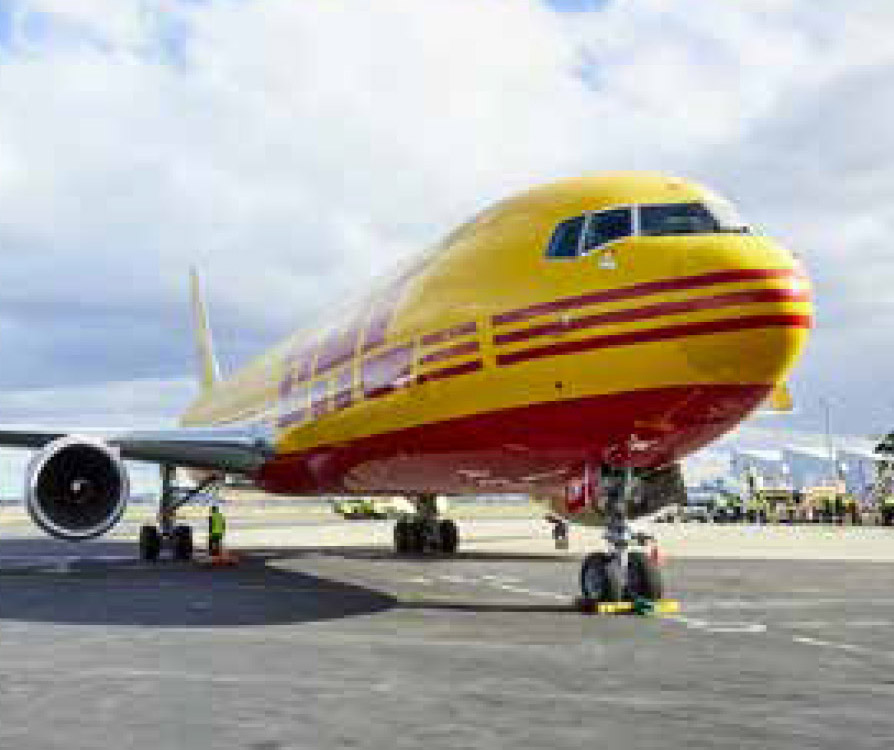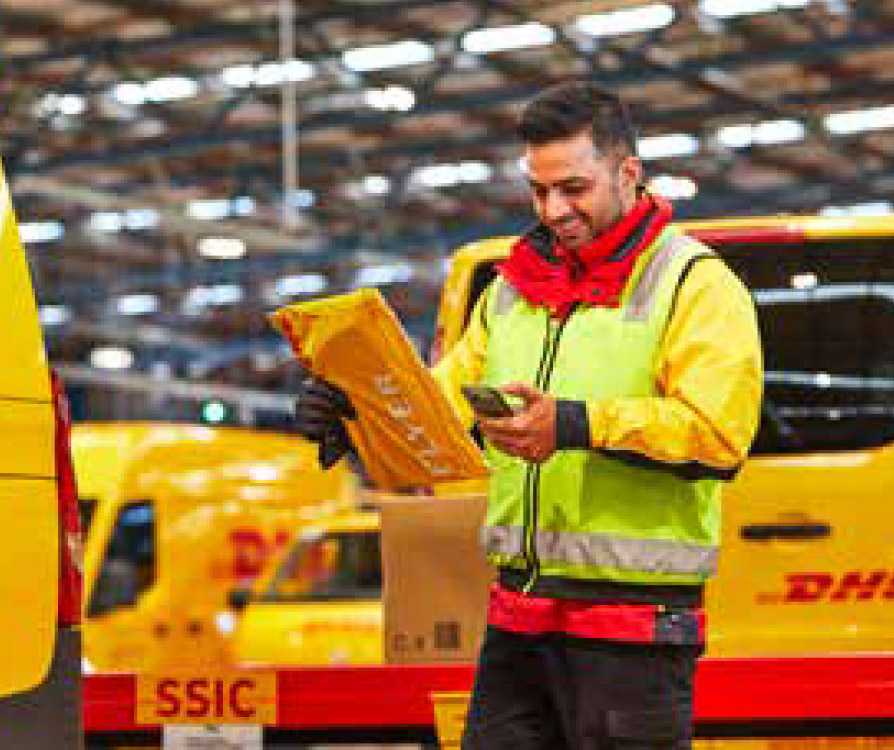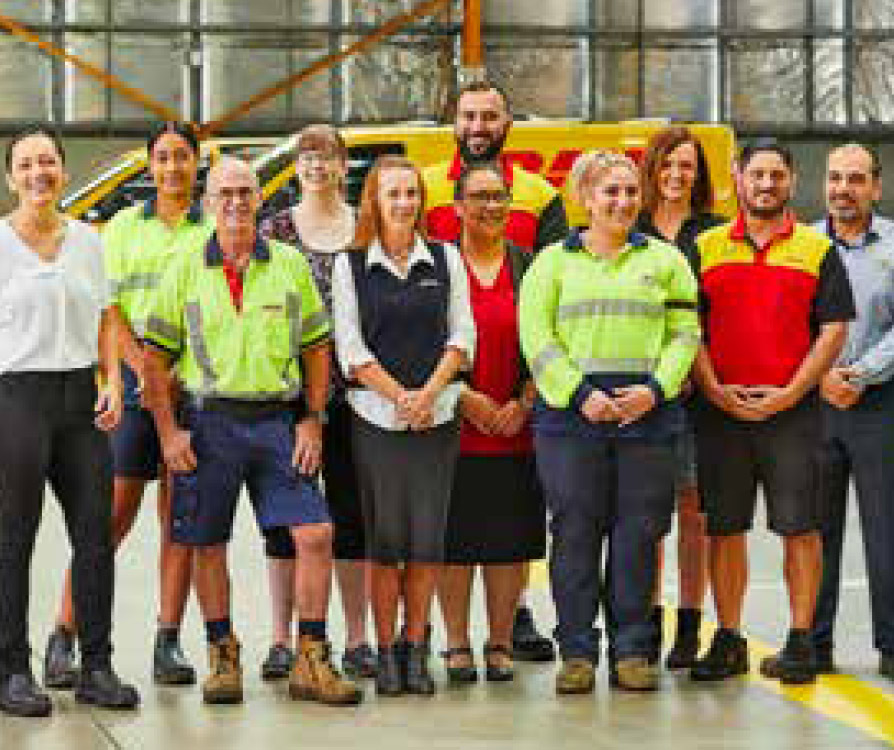Grow your business with the Discover newsletter
Logistics advice & insights straight to your inbox
Subscribe now
This article was first published by Great Place to Work and was republished here with permission
DHL Express may be a global market leader in time-critical international freight, but it will never rest on its laurels. It’s too busy managing on-time delivery of over 1m vaccine doses per week into Australia and ensuring the country’s exporters can maintain connections with vital overseas markets.
This type of purpose-driven work underpins the global culture DHL Express has developed over its 50 years in logistics. It also sees the company put a high priority on staff well-being and care for the communities it operates in.

“We have this strong belief that a company needs to make a profit, but it also has a responsibility to make this world a better place. And we do that through the things we do with global trade,” says Gary Edstein, chief executive for Australia and Papua New Guinea at DHL Express. Employees value that sense of purpose: in the company’s Trust Index survey results from Great Place to Work, 95% of staff agreed with the statement, “I feel good about the ways we contribute to the community.”
Mr Edstein says he has been particularly pleased that DHL Express Australia was named the country’s second-best place to work in 2021 by Great Place to Work, and wants to continue to improve and reach number one.

As an organisation critical to global supply chains, DHL Express is used to disruption. In the past year alone, it has had to contend with a global pandemic and its impact on supply chains, as well as rapid digitisation of its systems.
Before COVID-19, 70% of DHL’s shipments to and from Australia were on commercial passenger flights, and 30% were carried on the company’s own freighter network. But with international travel into Australia coming to a near standstill, DHL Express had to work with its regional and global aviation teams to set up a new network that included freighters, terminal space and a weekly schedule that now facilitates more than 30 flights a week into Australia.
“There’s four attributes that we talk about at DHL: speed, can do, getting it right the first time and passion. If you’ve got those attributes, you will excel,” says Mr Edstein when talking about the type of people who thrive at the company. “It’s for people that want a career in an incredibly fast-moving, dynamic company with the opportunity to go and work internationally.”
Dealing with rapid change is not always easy. To help employees, DHL Express offers strong support through well-established training and development courses and management systems, as well as workplace wellness programs that provide counselling in times of stress and teach staff how to adapt to change.
All managers, including Mr Edstein, are expected to maintain constant communication with their teams to ensure they are aware of and prepared for changes. They also encourage feedback and conduct regular staff surveys, the latest being on adapting to working from home, and implement further changes in response to the results.
